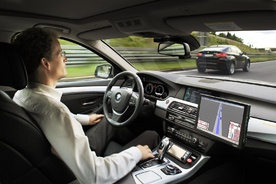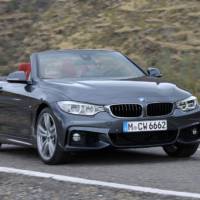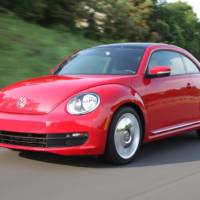As smartphone and mobile internet use continues to grow, so does the popularity of location-based services. Apps are now available which allow users to retrieve information anytime, anywhere about offers, services and events in their immediate neighbourhood. For car journeys, too, location-based offers and services relevant to a specific route and final destination can provide real benefits.
BMW ConnectedDrive already offers numerous location-based information services. However, the added value which location-based services can provide depends very much on the extent to which the information is filtered to take into account the needs and preferences of the individual user. This is the challenge which BMW Group Research and Technology is tackling in the research project “Virtual marketplace of the future”.
“In our vision for a virtual marketplace of the future, the vehicle will provide customers with context-adaptive, preference-based and timely offers and information relevant to their route,” says Dr Jörg Preißinger, Project Manager at BMW Group Research and Technology. As a step towards this vision, in spring 2012 BMW Group Research and Technology entered into a joint project with the international software manufacturer SAP. The goal of this research partnership was to develop solutions for context-adaptive, personalised filtering of large volumes of real-time offers generated by location-based service providers. The joint project developed basic technologies for the sample use cases “parking” and “couponing”.
While SAP developed a cloud-based virtual marketplace solution, BMW Group Research and Technology developed a prototype in-car and BMW backend-based software system for getting information and services from this marketplace to the customer. An application implemented in a BMW 7 Series research vehicle allows drivers to set their own personal preferences for customised filtering of services and offers. At the same time, real-time vehicle data is used to predict drivers’ needs during the course of the journey. For example, when the vehicle is approaching the navigation destination a request for parking information is sent to the backend system, which then sends an anonymous query for real-time parking information, including information about availability and fees, to the SAP platform. The BMW-developed system selects the most appropriate parking locations taking into account the user-customised application settings. The in-car app displays these recommendations and allows a location to be selected and adopted as a destination in the navigation system.
The joint research project paves the way for an even greater level of driver comfort and convenience. Results from this project could allow future navigation systems not only to provide information about the quickest route but also to provide recommendations about special coffee deals at filling stations, the best parking deals or even real-time offers at a sports shop along the route – but only if the driver wants.



